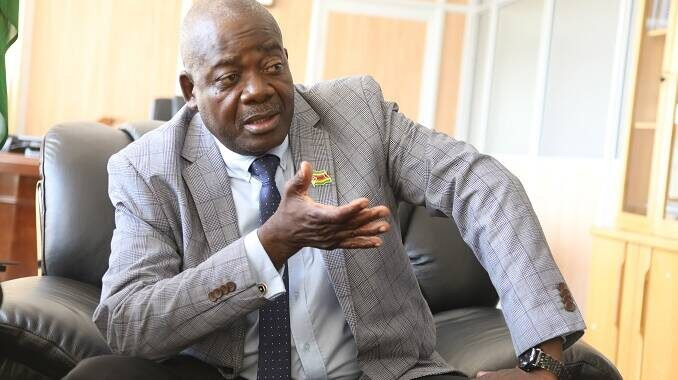
Government says it is committed to resuscitating the ailing education sector through various interventions such as reviewing the curriculum.
“Despite facing numerous challenges, such as infrastructure deficits, teacher shortages, and the impact of the COVID-19 pandemic, Zimbabwe remains resolute in its commitment to improving the quality and relevance of education,” Primary and Secondary Education minister Torerai Moyo said.
Moyo was addressing journalists and delegates during the International Day of Education Commemorations on Wednesday in the capital.
“Our ongoing efforts are centred on curriculum reform, teacher training, and the provision of necessary resources to ensure effective teaching and learning.”
The education sector faces various challenges such as underfunding, shortage of schools as well as the mass exodus of teachers.
The sector was also not spared the harsh effects of the COVID-19 disruptions.
Moyo said the ministry had reviewed the curriculum to ensure it remained relevant to 21st century learners as well as to meet demands of the industry.
Moyo, however, emphasised that the burden of restoring quality education was a responsibility of various stakeholders, including parents.
- Young entrepreneur dreams big
- Chibuku NeShamwari holds onto ethos of culture
- Health talk: Be wary of measles, its a deadly disease
- Macheso, Dhewa inspired me: Chinembiri
Keep Reading
“Furthermore, I call upon parents, guardians, civil society organisations, and the private sector to continue collaborating with the government in creating an enabling environment for quality education,” he said.
“Your partnership is critical in addressing the challenges we face and ensuring that our children receive the education they deserve. I call upon school authorities to uphold children's right to education by not imposing unnecessary barriers to access education.”
Moyo added: “Pursuant to this, government is dedicated to providing quality education at all levels to equip our learners with the necessary tools and skills for success in an ever-changing global landscape.”










